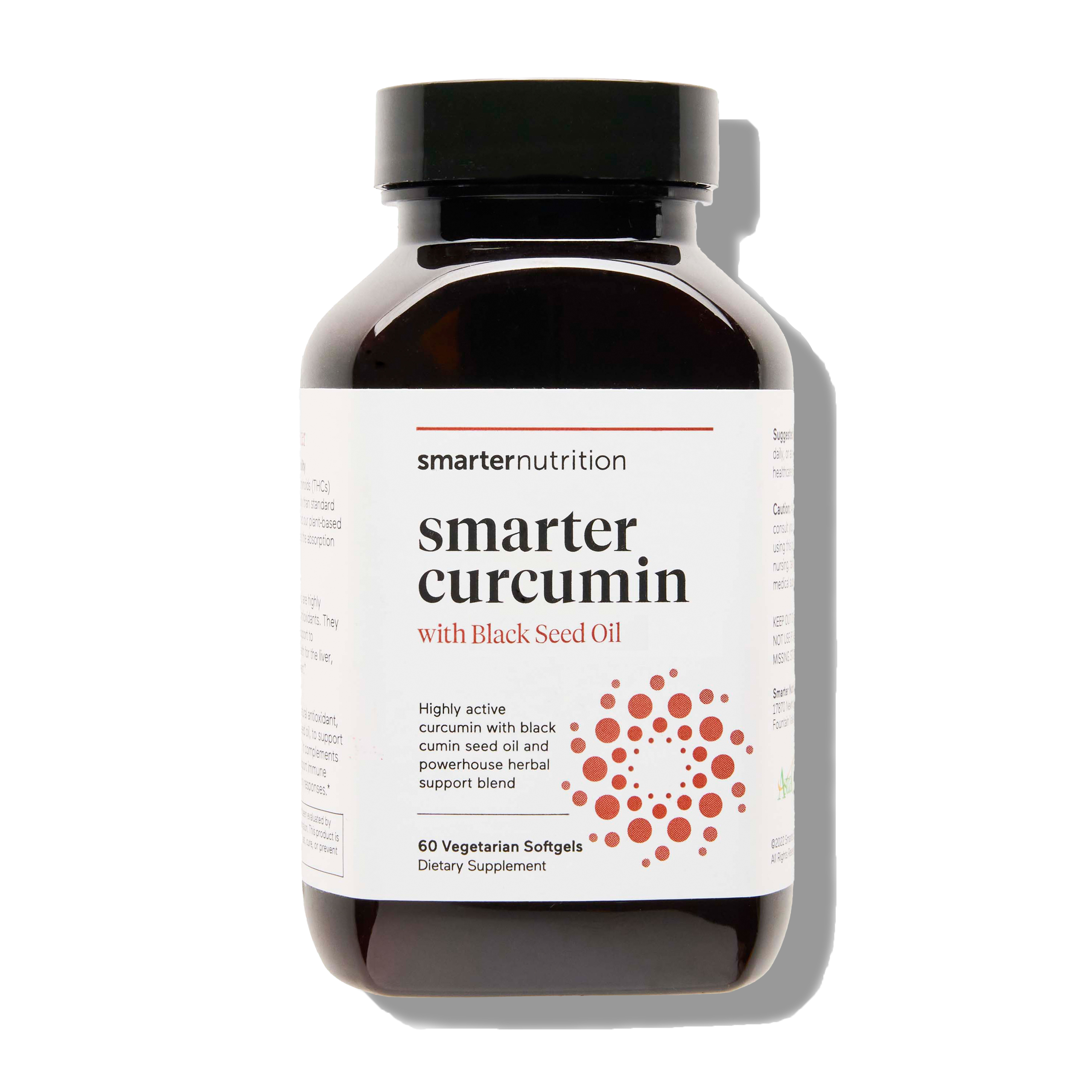10 Habits for a Healthy Retirement
Many people count down the years until they’re able to retire. After years of hard work, retirement is a welcome change of pace. However, idle hands can make for unhealthy habits. When you’re used to doing a similar routine for decades and it suddenly ends, you may find yourself wondering how to effectively manage your free time. These 10 healthy habits can help you make the most of your retirement while supporting your mind and body as you progress into a different stage of life.
1. Don’t Turn Off Your Alarm
The blaring sound of your alarm ringing is something many people dread hearing in the morning. When you think about retiring, you may have thought you could finally turn it off for good, but you may not want to hit the snooze button quite yet. When people start waking up late and taking naps during the day, their sleep cycle can become unbalanced. Not only can this affect your mood and ability to concentrate, it can increase the chances of becoming more isolated or depressed.
“Having a set schedule is important,” said Dr. Stephen Goldner with St. Joseph's/Candler Primary Care. “In fact, it’s probably a good idea to continue setting the alarm for the morning and going to bed at the same time each night.”
If you’re finding it difficult to fall asleep with your new easygoing lifestyle, Smarter Sleep was created to help you go to dreamland without having to count sheep. Smarter Sleep is formulated with Lactium®, a natural ingredient clinically proven to help gently manage your emotional state, and melatonin to help support the body at bedtime.*

2. Get a Furry Friend
Animals have a great effect on our overall wellbeing. In fact, spending just 15 minutes with a dog can help support normal blood pressure, heart rate, and stress levels. Those with pets are typically happier and less lonely than people who don't have pets, according to pet researcher Allen R. McConnell, a professor of psychology at Miami University.
McConnell asserts that pets give you a sense of belonging and bring more purpose and control into your life.
3. Find a Hobby with a Community
Finding a new activity that you enjoy can help you be productive with your time—bonus points if that activity is done with others. For example, if you like reading or knitting, find a book club or a group that knits together. Even simple games or crafts can boost your mood, stimulate your mind, and encourage socialization.
“People who are engaged generally enjoy their retirement,” said Goldner. “Think about what engages you as you plan your own.”
4. Volunteer Your Time
For a large portion of life, many people find their job to be their main purpose. They find fulfillment and joy in completing tasks and reaching goals at work. However, upon reaching retirement, many people still need certain tasks or goals to help them feel satisfied. If you like animals, you might enjoy volunteering at a rescue center. If you are religious, you could help out with Sunday school. Find a charity or organization that you’re interested in and reach out to them to see how you can help.

5. Make Exercise Part of Your Day
Movement might have been a natural part of your workday, but retirement can cause you to slow down. While a little bit of relaxation is well deserved, it’s important to designate time to exercise. Staying active can help support optimal health and encourage independence. Choosing an activity you enjoy is essential to consistency. If you feel like you’re forcing yourself to do it, you’re less likely to keep it up.
Low-impact aerobic exercises like walking, swimming, bicycling, and swimming are beneficial yet easy on your body. Weight training can help strengthen your muscles, and yoga helps maintain flexibility. If you’re used to a schedule, make sure to keep exercise on your to-do list.

6. Keep Your Mind Active
While it’s important to keep your body moving, your mind needs mental exercise to stay strong too. Continuing to educate yourself during retirement encourages your mind to stay active and agile as you age. Here are a few ideas:
- Read a book or magazine
- Play an instrument
- Enroll in a class about a topic that interests you
- Plant a garden
- Paint or draw
- Complete a puzzle
7. Monitor Your Health
Even if you feel good, don’t skip your regular checkups. High blood pressure and high cholesterol rarely have any symptoms, so it’s important to visit your doctor to get your numbers checked. Maintaining a balanced diet and a healthy body weight can help support your overall health as well.
Taking supplements can provide additional support to your body as you age. Our Smarter Immune Health Trio brings together 3 beneficial products:
- Smarter Curcumin: Curcumin, an active compound found in turmeric, is a powerful antioxidant that supports normal inflammation responses. Smarter Curcumin is standardized to 95% tetrahydrocurcuminoids and formulated with black cumin seed oil and AstraGin® to help encourage absorption.
- Smarter Ubiquinol: Formulated with the active form of the coenzyme CoQ10 for efficient absorption, Smarter Ubiquinol provides support for the body’s natural cellular energy production.* Ubiquinol may help support the heart to regulate normal cholesterol and blood pressure measurements.*
- Smarter Gut Health: While most conventional probiotics found in stores are too fragile to really be effective, Smarter Gut Health is made with hearty soil-based probiotics that are naturally shelf stable. Prebiotics are added to the formula to help feed “good” bacteria, and MCT oil helps support normal digestion.*
8. Meditate
Meditation is another great way to take care of your mind. While you no longer have work stress, you may still experience stressful events or mood disorders related to getting older. A study from Goethe University in Germany found that medication is able to strengthen the hippocampus, which is embedded deep into the temporal lobe of the brain. The hippocampus plays a major role in memory and helps support the ability to concentrate.
Meditating for just 10 to 20 minutes can be beneficial. Start your meditation by focusing on taking several deep breaths. Scan your body as you take a second to focus on each part and evaluate how everything is feeling. Afterward, spend the remainder of your time on thoughtful activities like practicing gratitude, reflecting on your day, or praying.

9. Spend Time with Friends and Family
Work often forces us to take time away from our friends and family. Now that you have more free time, spend time nurturing and strengthening those relationships. Whether it’s a romantic partner or a close friend, finding someone you can rely on during good times and bad can help support you during the later years of your life.
10. Do Things You’ve Always Wanted to Do
Some jobs provide limited vacation days, or maybe you spent the last few years pinching your pennies in preparation for retirement. Now is the time to finally do all of the things you’ve dreamed about doing. Have you always wanted to go to Europe? How about a visit to Yosemite? Make your dreams a reality now that you no longer have to request PTO or “just need to check your email in case there is an emergency.” If you don’t have the budget for a big trip, take a small trip locally to a place you’ve heard about but never had a chance to visit. At the very least, treat yourself to a special spa day or a night out at the movies. You deserve it!
Sources:
- St. Joseph’s/Candler. “Healthy habits in retirement.” 2019.
https://www.sjchs.org/smart-living-home/early-fall-2019-featuring-taya-kyle/healthy-habits-in-retirement - WebMD. “Ways to Stay Healthy in Retirement.” 2020.
https://www.webmd.com/healthy-aging/ss/slideshow-healthy-retirement - British Heart Foundation. “20 tips for a happy retirement.” 2022.
https://www.bhf.org.uk/informationsupport/heart-matters-magazine/wellbeing/retirement/retirement-tips - Brooks, Arthur C. “The Seven Habits That Lead to Happiness in Old Age.” The Atlantic. 2022.
https://www.theatlantic.com/family/archive/2022/02/happiness-age-investment/622818/




